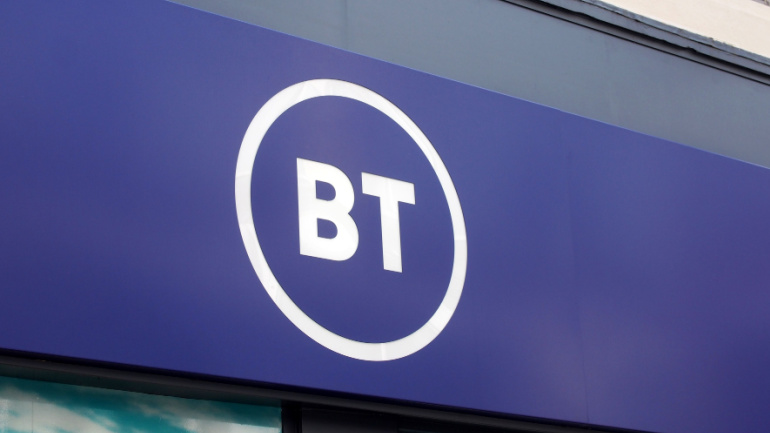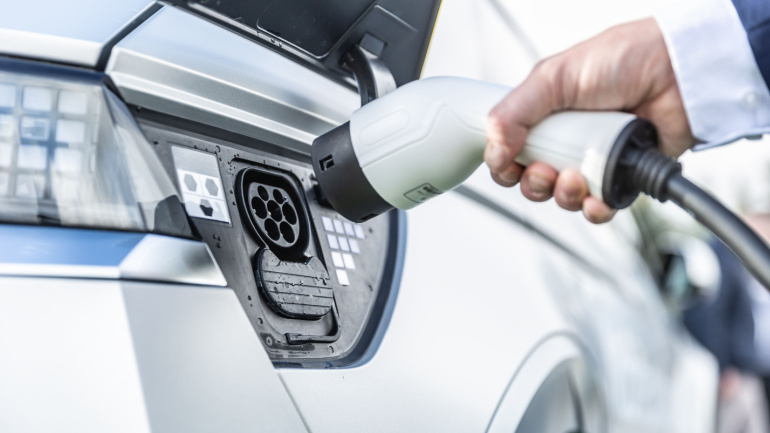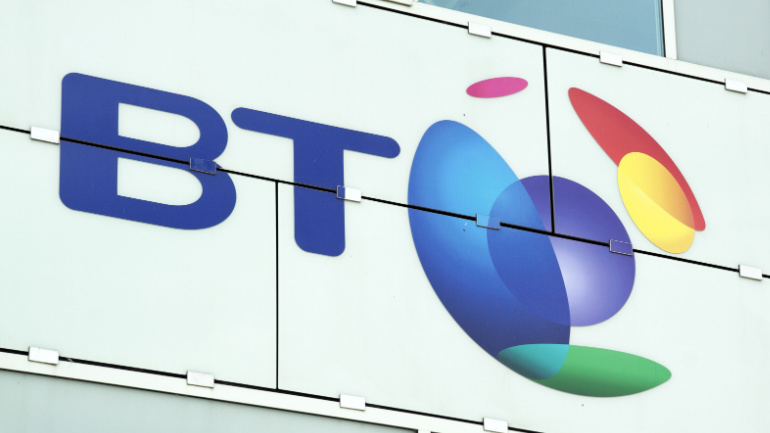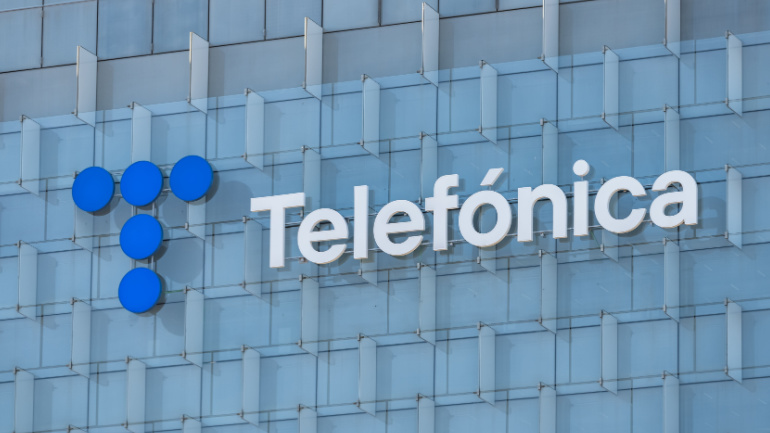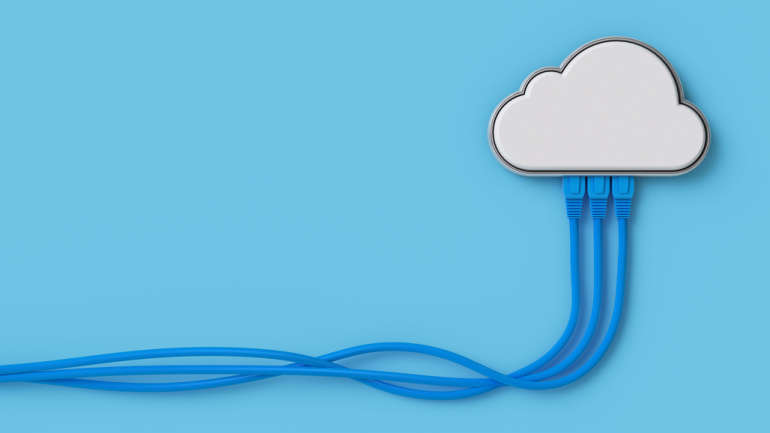BT’s recent talks with SpaceX to leverage Starlink’s LEO satellite fleet for remote connectivity in the UK has sparked curiosity, especially given BT’s current partnership with OneWeb, Starlink’s competition. It’s speculated that Starlink’s innovative direct-to-device capabilities, which promise unblemished global coverage without a need for a terminal, could be the allure.
The new partnership between BT and Basrah Gas Company (BGC) sets an intriguing course for the digital transformation of the latter’s operations in Iraq. This collaboration will securely link BGC’s offices, processing units, and gas fields while enhancing their access to cloud-based applications.
BT is pushing the envelope, repurposing fading street cabinets, once integral for broadband and phone hookups, into sophisticated EV charging points. Amid a direct-to-home fiber revolution, redundant units could fuel a UK-wide EV charging network, starting in East Lothian, Scotland.
Navigating the challenging mandates of the dynamic telecommunications world, UK’s premier telecom operator, BT, stumbles upon an obstacle. The company has failed to adhere to the deadline for the complete removal of Huawei equipment from its core network. The deadline, already deferred twice, raises doubts over the telecom titan’s ability to successfully transition away from Huawei’s infrastructure within the stipulated timeframe. A UK law dictates all network carriers to rid their systems of Huawei equipment by the end of 2027.
Discover how Telecommunications giant Altice, facing a whopping $60 billion debt, eyes its Portuguese operation Meo as a lifeline. Amid debt woes, other challenges surface, including a scandal involving co-founder Armando Pereira. International telecom players are also in motion, with the Saudi STC Group asserting its presence in Europe, and UAE-based e& planning to increase its stake in Vodafone.
BT Group has taken a bold step into the future of content delivery with an innovative concept known as Multicast-Assisted Unicast Delivery (MAUD). This technology takes a fresh approach, replacing the traditional individual internet stream with a more efficient consolidated flow. Not only is this technology seamless for consumers, it also delivers substantial resource savings. Furthermore, in an era of environmental consciousness, MAUD offers up to a 50% bandwidth reduction during peak times, resulting in lower energy usage.
In an intriguing shift, Telefónica, the Spanish telecom titan, is exploring potential profits from selling its Tech unit, stirring up future predictions. Insider details reveal engagement with multiple financial institutions and a goal to retain majority control, a factor that might affect investor incentive. Amid this, the Tech division’s impressive financial growth and its strategic significance in enterprise technology are undeniable.
The online retailer, musicMagpie, recently confirmed preliminary dialogue with telecom giant BT and investment firm Aurelius, creating ripples in the wireless tech marketplace. While BT harbors plans to extend its EE customer division’s footprint in the pre-owned smartphone market, musicMagpie’s potential sale throws a thrilling spin to proceedings. It’s a pivotal situation in a rapidly evolving telecommunications world, requiring stakeholders to recalibrate their strategies to mirror the dynamic customer needs. Meanwhile, noteworthy events unfold elsewhere in the sector, promising fascinating updates.
As cyber threats surge in the UK, BT uncovers jaw-dropping statistics, including an average of 530 attacks every second globally. Industries from defence to hospitality are not exempt. To combat this, BT has launched an illuminating podcast on cybercrime’s impact and potential solutions.
BT unveils Global Fabric – a pioneering network-as-a-service product bridging various cloud environments. Flaunting adaptability and cost-effectiveness, this tool empowers users with the liberty to select and manage data transit routes. Uniquely functioning on AI-backed digital orchestration, Global Fabric predicts an enhanced application experience. BT envisages this as the future of connectivity, harboring better cost efficiencies, heightened application performance, while maintaining a robust defense against cyber threats. Its introduction holds substantial potential to revolutionize the network management market.



